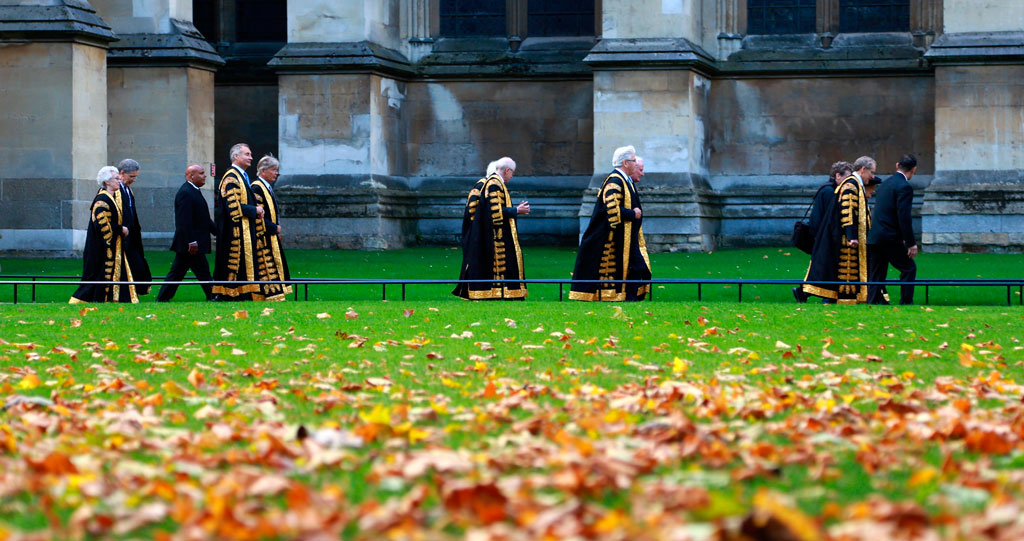
Lack of representation will not usually justify a lower standard of compliance with rules
A litigant in person (LiP) should not be given special dispensation when interpreting the Civil Procedure Rules (CPR), the Supreme Court has held by a slim 3-2 majority.
Barton v Wright Hassall [2018] UKSC 12 concerned a LiP, Mark Barton, who served a claim form by email on the defendant’s solicitors, Berryman Lace Mawer, without first checking that they were prepared to accept service by that means, as he was required to do under the CPR. The claim form expired unserved the following day.
Barton has been involved in litigation against two firms of solicitors in the past 12 years. He brought a professional negligence action against Wright Hassall, which had acted for him in previous litigation brought against another firm, Bowen Johnsons, which acted for him in ancillary relief proceedings following his divorce.
Barton asked the court to use its discretion under CPR rule 6.15(2) to validate the claim form. However, the Supreme Court held that, unless the rules and practice directions are particularly inaccessible or obscure, it is reasonable to expect a litigant in person to familiarise himself with the rules which apply to any step he is about to take. Delivering the main judgment, Lord Sumption acknowledged that litigating in person may not always be a matter of choice, and that ‘their lack of representation will often justify making allowances in making case management decisions and in conducting hearings.
‘But it will not usually justify applying to litigants in person a lower standard of compliance with rules or orders of the court,’ he said. ‘The overriding objective requires the courts so far as practicable to enforce compliance with the rule.’
However, Howard Elgot, barrister at Parklane Plowden Chambers, who acted for Barton, said: ‘The narrow majority by which our client’s case was lost reflects the difficulty judges have in deciding when to apply the dispensing provision for invalid service and what “special” treatment, if any, should be afforded to litigants in person. We are actively considering an application to the European Court of Human Rights on Art 6 grounds.’









